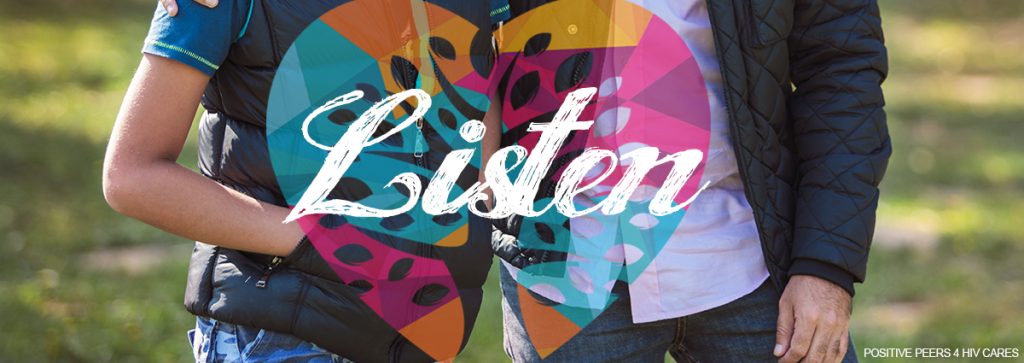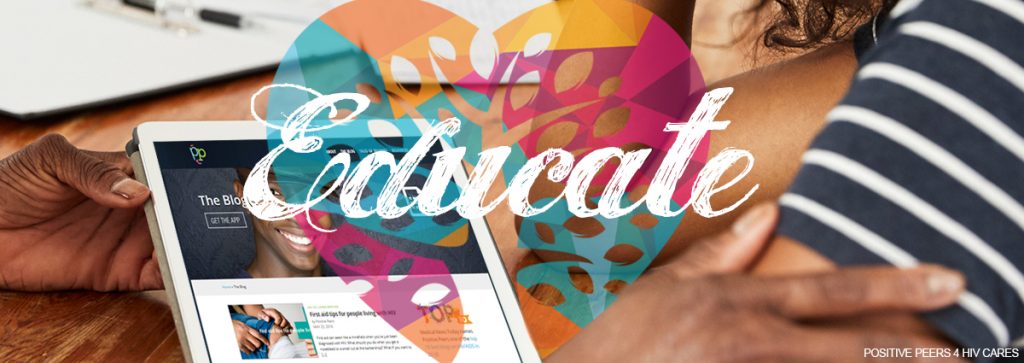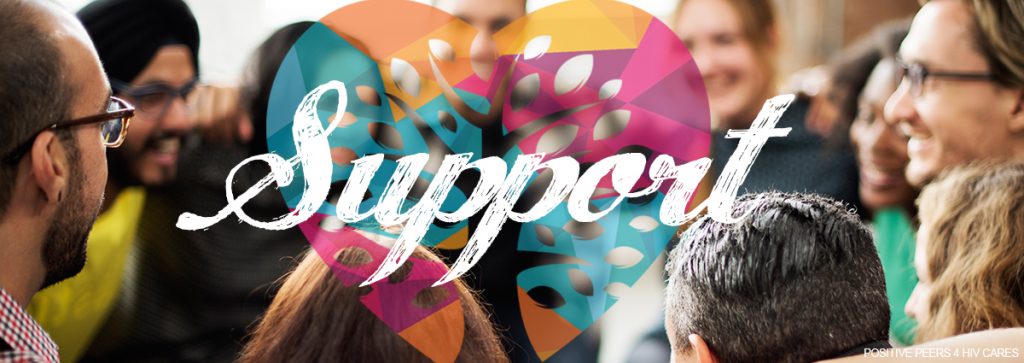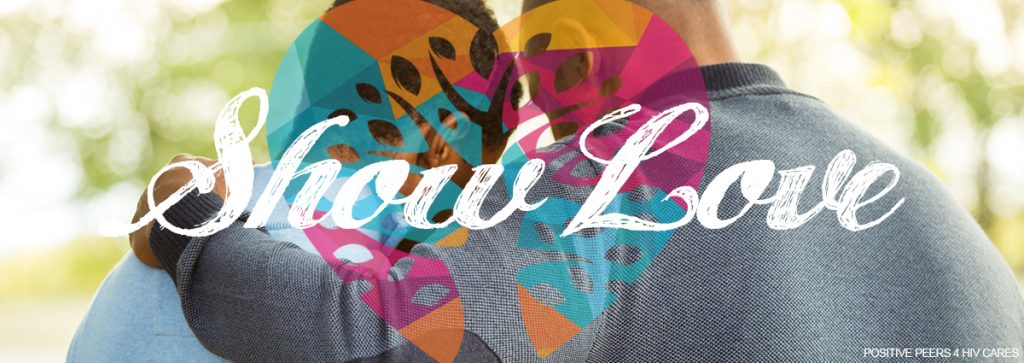
By: Jennifer McMillen Smith, LISW-S, HIV Social Worker at MetroHealth Medical Center and medically reviewed by Ann K. Avery, MD, Infectious Disease Physician at MetroHealth Medical Center
When a friend or family member is living with HIV, they need all the caring, respect, kindness, and understanding you can deliver.
They may be carrying a secret they don’t want everybody to know about. It takes bravery to open up and tell somebody you’re living with HIV because there’s a lot of misinformation about the disease that still scares a lot of people.
They’re coming to you because they trust you, care enough about you to speak up, and may need your support. They are counting on you to show that support by being able to:
- Keep a secret and avoid the temptation to gossip.
- Stay calm when you feel like panicking.
- Reserve judgment and support them no matter what.
- Listen quietly and avoid saying the wrong thing (Read: 9 things NOT to say to someone living with HIV).
- Observe and respect their boundaries (Read: Dealing with overly supportive friends and family when you’re living with HIV)
We get it. That’s a lot to think about. You won’t get everything right, but you can learn from your goofs.
These tips will help you learn to help the people you care about when they tell you they’re living with HIV.

Educate yourself
When was the last time you learned anything about HIV? Ninth-grade health class? A lot has happened since then.
These days, HIV treatments work so well that people can lead normal lives if they stay on their meds. There’s no need to think of HIV as a death sentence — it’s a virus we treat with medication. And we can treat it damn good.
There’s still no cure for HIV yet, but scientists are working on it. Until then, these meds must be taken every day exactly as directed to keep your loved one healthy, one pill a day for many.
If they stop taking their meds, they run the risk of their HIV mutating and becoming harder to treat. If they’re off their meds for too long they could develop AIDS, the final stage of an HIV infection. But with the right support when needed, you can help you’re loved one live a long, healthy, and normal life.
The best news is, that if they stay on their meds and achieve what the scientists call “viral suppression” for at least six consecutive months, they can’t pass the virus on to anyone (Learn more: Decriminalizing HIV: Undetectable = Untransmittable). This is huge and will mean make it easier for your loved one to be comfortable in romantic relationships and even have a healthy baby one day, should they want to J
Helping your loved one stay on their meds is one powerful weapon against HIV stigma. That’s good for everybody affected by HIV — those who have the disease and those who care about them. Being emotionally supportive and speaking up to others about what you’ve learned about HIV are two other great ways to be the award-winning friend you are.

Figure out how to be a supporter
A lot of people say, “I’d like to help any way I can,” when somebody they care about is in trouble. With HIV, you have to make good on those kinds of intentions.
Your friend may need a ride to the doctor, reminders about taking their meds, or a shoulder to cry on when things get tough.
People living with HIV need exercise and a healthy diet, just like anybody else. They need involvement in healthy activities and may want guidance on school, careers, and relationships.
It’s always a delicate balance when you help people. You want to be dependable without making them dependent on you. They have to take charge of their health; you can’t do that for them.
Come join our private, stigma-free, supportive community.
Health management tools with medication & appointment reminders.
Social networking in a community conversation & private chats.
Respect their privacy
Never reveal somebody’s HIV status casually or without their permission. The only clear-cut exception is in a medical emergency where a doctor, EMT, or other health professional needs to know their status.
HIV is a lot of weight for somebody to carry. It shouldn’t be in this day and age when medications have removed any logical reason to fear HIV. But lots of people still don’t know the facts, and they can hurt or discriminate against people living with HIV when they learn their status.

Be a blessing, not a burden
You have a lot to process when you find out somebody you care about is living with HIV. You know they have a disease that can do a lot of damage if they stop taking their meds, but you can’t take their meds for them.
They are the only ones who can do that. Our advice: concentrate on helping out where you can, showing them love, but minding your own business when needed. You’re a blessing. Just do your best to make sure your love doesn't start feeling like a burden.
Related Blogs:


